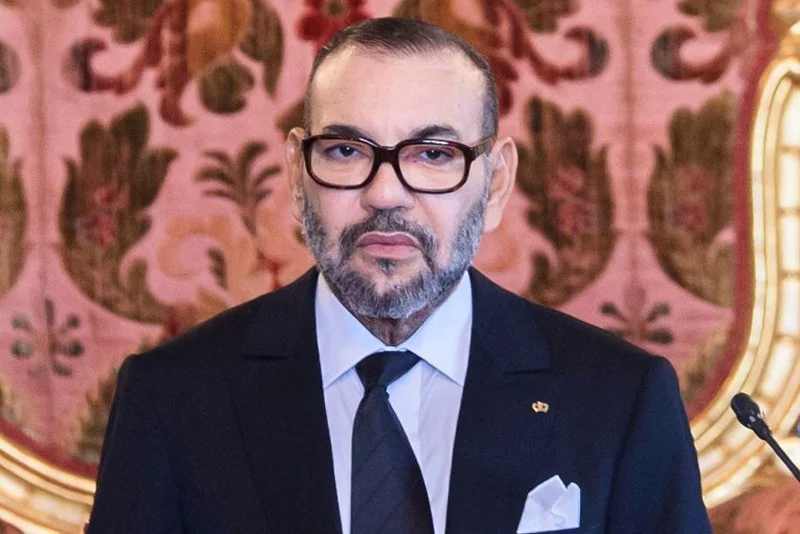In a sweeping act of clemency marking the 26th anniversary of his accession to the throne, Morocco’s King Mohammed VI has pardoned 19,673 convicts, the Ministry of Justice announced on Tuesday. The royal pardon, a hallmark of Moroccan statecraft during national celebrations such as Throne Day and Eid, reflects the King’s ongoing commitment to justice tempered with compassion.
Of the total figure, 2,415 individuals were granted clemency through the traditional Throne Day pardon. Among them, 2,239 are currently serving prison sentences, while 176 were sentenced but not yet incarcerated. The pardons vary in form, with some receiving full remission of their prison terms and fines, while others had their sentences reduced. Notably, five prisoners had their life sentences commuted to fixed-term prison terms.
The majority of the pardoned—17,258 inmates—were selected based on defined humanitarian and legal criteria. This group includes 17,121 prisoners who benefited from reduced sentences or the cancellation of fines, 114 inmates whose life sentences were converted to fixed terms, and 23 death row prisoners whose sentences were commuted to life imprisonment.
The Ministry of Justice described the mass pardon as an embodiment of King Mohammed VI’s “high solicitude” toward citizens serving or facing custodial sentences, especially those meeting humanitarian thresholds or demonstrating rehabilitation potential. It emphasized that the Throne Day pardon is both a constitutional prerogative of the monarch and a long-standing tradition that underscores the Moroccan monarchy’s commitment to clemency and national reconciliation.
Royal pardons are typically issued during major national or religious holidays, offering not only legal relief but also symbolic gestures of unity, mercy, and hope. This year’s pardons carry particular weight, reflecting the monarch’s vision of balanced justice and compassion, even as the country continues efforts to reform its legal and penal systems.
The 26th Throne Day celebrations also served as a moment of national reflection and reaffirmation of the King’s leadership. As Morocco navigates complex regional and domestic challenges, such gestures of clemency strengthen public confidence in the monarchy’s role as both a custodian of justice and a source of unity.

